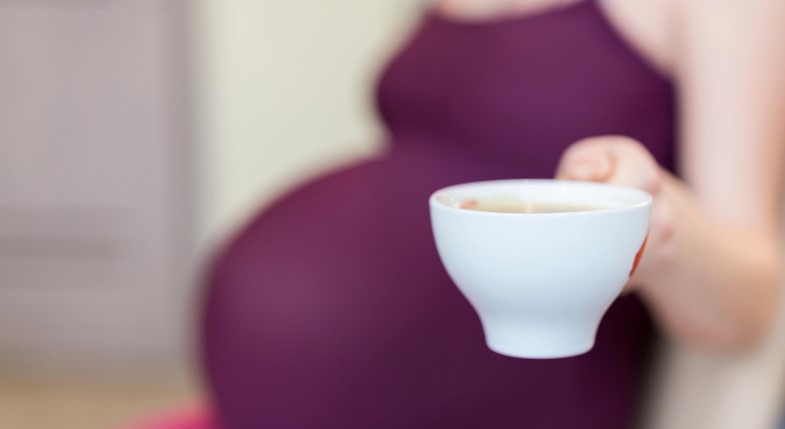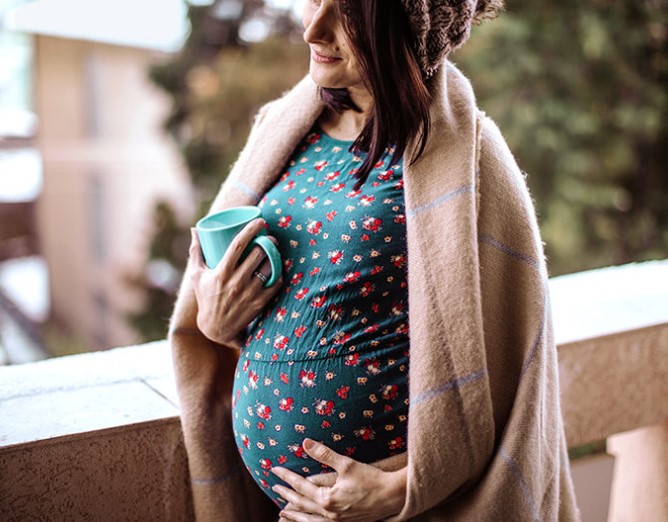Is Decaf Coffee Safe to Drink While Pregnant?
Decaf coffee is safe for pregnant women. To keep from exceeding the daily caffeine limit, make sure you track what you eat and drink. You should limit yourself to one cup per day, or fewer than two cups. Other tips to limit caffeine consumption: Take note of how much you drink, and count other sources of caffeine. If you like to eat energy bars, make sure to check the labels to determine how much caffeine they contain.
As a pregnant woman, you might wonder if it’s safe to drink decaf coffee. After all, it has been shown to cause miscarriage, in addition to other problems. However, this is only true for excessive levels of caffeine. Therefore, knowing how much caffeine is in decaf coffee is important.

Decaf coffee is safe to drink while pregnant
Although some studies have shown that decaffeinated coffee is safe to drink while pregnant, other studies have not found the same conclusion. One recent review published in the BMJ journal linked moderate caffeine consumption during pregnancy to miscarriage, stillbirth, low birth weight, and small-for-gestational-age babies. Still, the American College of Obstetricians and Gynecologists (ACOG) stands by its 200-milligram recommendation for women who are pregnant or planning to become pregnant.
Taking note of what you eat and drink
Taking note of what you eat and consume while pregnant can help you get the nutrients your body needs to grow and develop the baby inside you. Pregnant women have higher than normal RDAs for many nutrients, including vitamin A and iron. These nutrients are essential to the health of the unborn child, so keeping a food diary is crucial. The following are a few food items you should avoid while pregnant.
Symptoms of too much caffeine
If you’re trying to get pregnant, you’ve probably wondered what the effects of too much caffeine on your body are. During pregnancy, the body’s ability to break down caffeine slows, causing higher levels of the substance to reach the bloodstream. By the second and third trimesters, caffeine clearance is almost twice as long as it is during the first trimester. And because the baby can’t process caffeine properly, it ends up crossing the placenta, where it may end up in the fetus.
Limiting caffeine intake
The benefits of limiting caffeine intake while pregnant are well-known. However, there is still uncertainty as to what the consequences of excessive caffeine consumption are during pregnancy. The findings of the study, published in the Journal of Clinical Nutrition, show that high caffeine intake during pregnancy is associated with older age, multiple births, and an increased daily calorie intake. Also, high-caffeine drinking is linked to women who are overweight or smoke, and with obese partners. Some experts recommend that you view the results of this study with caution and consider the needs of yourself and your baby before making changes to guidelines.

Caffeine affects fetal stress hormones
While coffee is a popular drink, it can also harm the unborn fetus. It thins the tissue that separates the heart’s chambers. Researchers found that caffeine consumption in the womb led to decreased cardiac function in the fetus. In addition, caffeine affects the development of the fetus’ primordial germ cells, which may pass on diseases to offspring.
So, is decaf safe to drink when pregnant? It appears that the answer is yes. In moderation, it’s unlikely to cause harm to your unborn child. However, due care should be taken when selecting your decaf brew. If possible, you should try to stick with organic decaf coffee with no flavorings added; this way you can be sure that there aren’t additional toxins from pesticides or unknown flavorings in your blend. But if you’re craving an occasional cup of coffee during pregnancy, rest easy! A good quality decaf doesn’t appear to pose a significant risk to your baby’s health or development.
